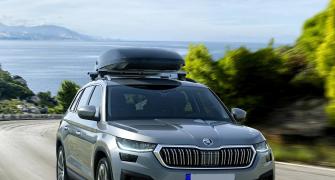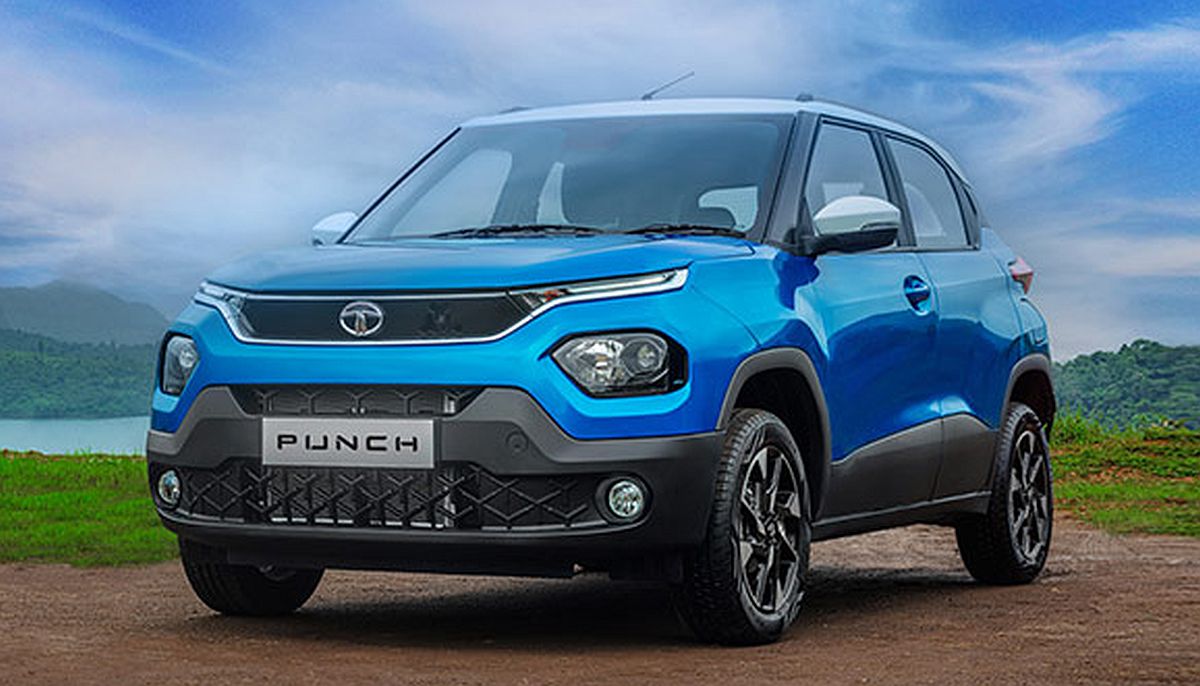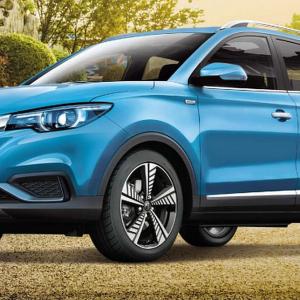Amid a rush of sport utility vehicle sales, Volkswagen is betting on its premium mid-sized sedan — the Virtus — to gain market share in India.

The Volkswagen Virtus is the second product under the India 2.0 project being developed on the MQB-A0 IN platform, with up to 95 per cent localisation levels.
In February, the company registered an 84 per cent year-on-year growth in sales, primarily driving on the Taigun it launched last year.
In late 2019, it announced a massive structural and operational overhaul — one of the biggest investments in the Indian automotive (auto) sector.
The group merged its three units — Volkswagen India, Volkswagen Group Sales India, and Škoda Auto India — into one entity called Škoda Auto Volkswagen India to streamline decision-making.
In came the successful MQB platform to manufacture cars locally, reducing retail prices.
“The sedan still constitutes 12-14 per cent of the Indian market, which means around 400,000 cars per year.
"The love for the sedan is always there. What was missing was an option with European design and loaded with features. The Virtus fills that gap,” says Ashish Gupta, brand director, Volkswagen Passenger Cars India.
With this launch, Gupta says the premium sedan segment itself will see expansion.
“It is around 95,000 cars annually. We expect the segment to grow to 150,000 by the end of this year,” he says.
Under the 1.0 project, the German company is looking to launch more localised products, increase dealerships, and improve after-sales to gain foothold in the Indian market — long dominated by Japanese and South Korean brands.
“The plan under the 2.0 strategy was to increase the number of dealerships to 150. By the end of this year, we plan to increase it up to 155,” says Gupta.
Volkswagen is trying to bring down the cost of ownership of its vehicle.
It plans to bring this down through greater localisation.
“When we localise, it automatically brings down the cost,” says Gupta.
The company is also focused on a ‘child parts strategy’.
The basic idea is to replace certain parts and not change the entire module.
This, in turn, results in quicker turnaround times and after-sales which is much more affordable. Plus, it helps elongate the life of the car.
The group also has ‘three-parts’ distribution centres, improving availability and speeding up delivery.
‘Child parts’ basically refer to the sub-parts of an assembly or a bigger component.
In case of damage, with the help of the ‘child parts strategy’, the company can pinpoint the particular part or component.
The whole assembly or the bigger component need not be replaced completely.
A widely used technique in the auto industry, the ‘child parts strategy’ aims to reduce service time and keep costs to a minimum.
“That itself brings down the cost of ownership and maintenance of our cars and increased turnaround time for customers,” says Gupta.










